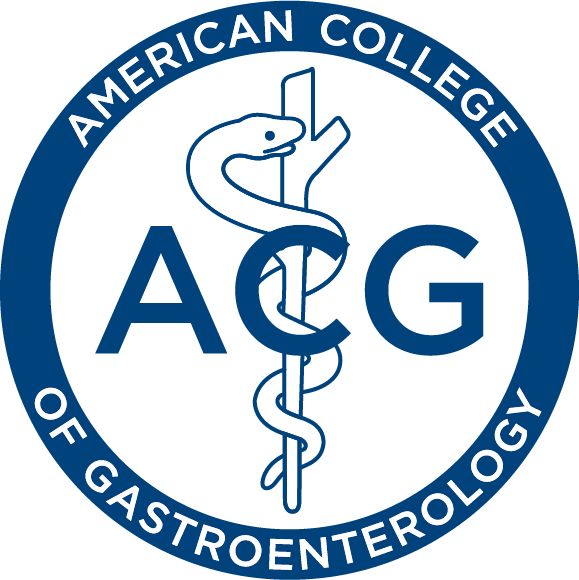TIP SHEET FOR STORIES ON COLON CANCER
from the American College of Gastroenterology
4900 B S 31st St. Arlington VA 22206 703/820-7400
September 9, 1998
FACTS
Colorectal cancer is the second most common cancer killer in the United States, causing an estimated 55,000 deaths each year. Only lung cancer claims more lives. More than 131,000 new cases of colorectal cancer are diagnosed each year. It has been estimated that each married couple has a 1 in 10 chance that either the husband or wife will develop colorectal cancer in their lifetime.
Most colon cancers arise from polyps, abnormal growths on the wall of the colon that become cancerous over time. If polyps are identified at an early stage, they can be removed before they become cancerous. A recent study in the New England Journal of Medicine found that more than 90 percent of deaths associated with colorectal cancer could be avoided through early detection.
SCREENING RECOMMENDATIONS
The complications of colorectal cancer can be reduced or even prevented with the simple step of regular screening. The screening program recommended by the American College of Gastroenterology for every man or woman over the age of 50 includes:
-An annual fecal occult blood test, which checks for microscopic traces of blood in the stool.
-A flexible sigmoidoscopy once every 5 years to detect colorectal cancer at its earliest and most treatable stage.
-Colonoscopy is recommended for individuals of any age who are at higher than average risk for developing colorectal cancer by virtue of prior history of colorectal cancer or colon polyps, a strong family history of the disease, or predisposing chronic digestive condition such as inflammatory bowel disease.
RISK FACTORS
-Women are just as likely as men to develop colorectal cancer.
-Colorectal cancer is most common after the age of 50, but the chances of colon cancer increase after age of 40.
-Close relatives of a person who has had colorectal cancer before the age of 55, or persons with one of several chronic digestive conditions, have a higher than average risk of developing colorectal cancer.
SYMPTOMS
Most early cancers produce NO SYMPTOMS! This is why screening for colorectal cancer is so important. Some possible symptoms, listed below, certainly do not always indicate the presence of colorectal cancer, but should prompt a visit with your physician and a check-up:
-New onset of abdominal pain
-Blood in or on the stool
-A change in typical bowel habits, constipation, diarrhea
-A change in stool caliber or shape
CONGRESS ENACTED A COLORECTAL CANCER PREVENTIVE SCREENING BENEFIT FOR MEDICARE EFFECTIVE JANUARY 1, 1998
FOR MORE INFO
To learn more about colorectal cancer, digestive health and other GI conditions, visit the American College of Gastroenterology website: www.acg.gi.org. Consumers can access free information by calling toll-free 1-800-978-7666. Contact for interviews: Anne-Louise Oliphant, 703/820-7400, [email protected]
